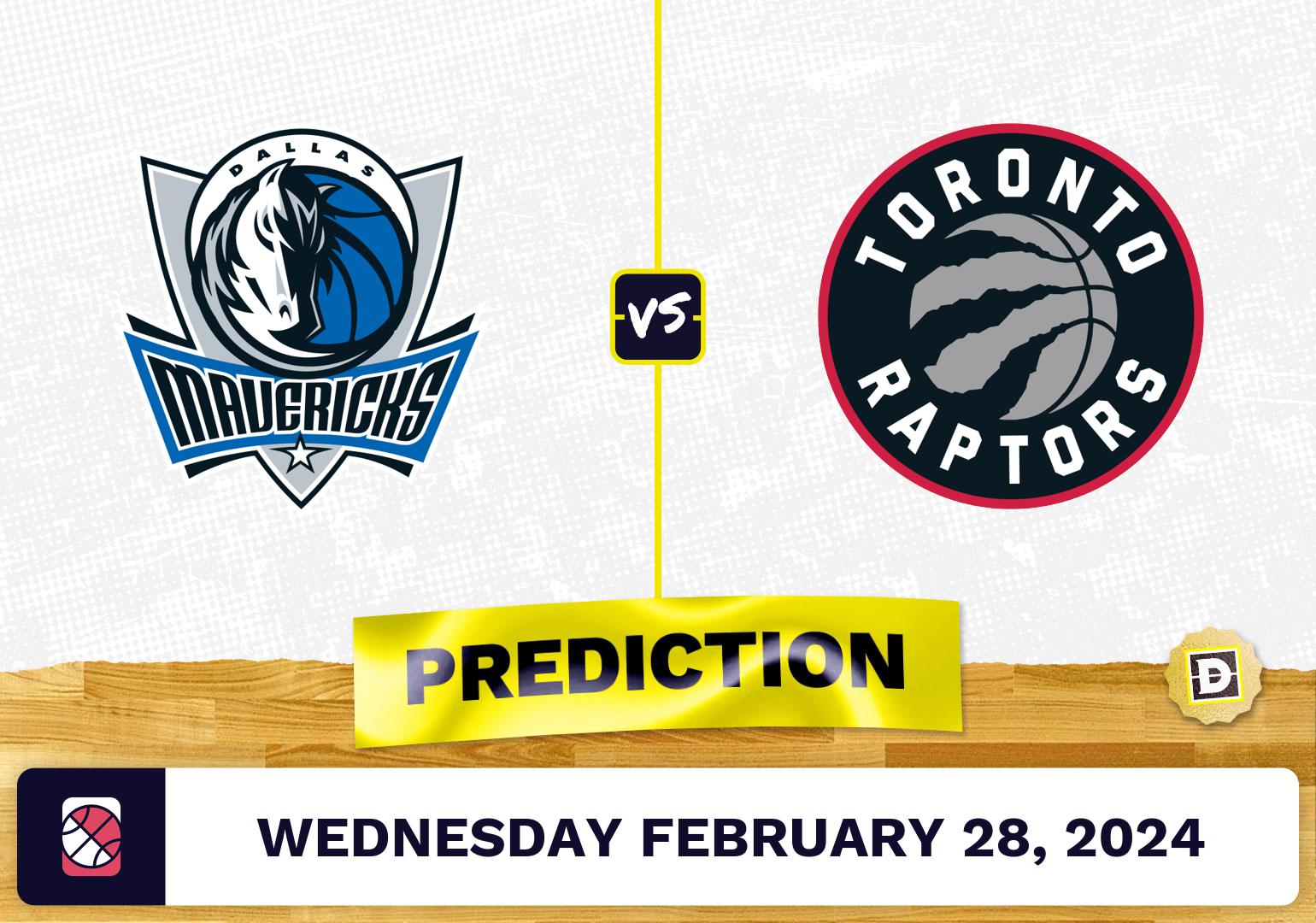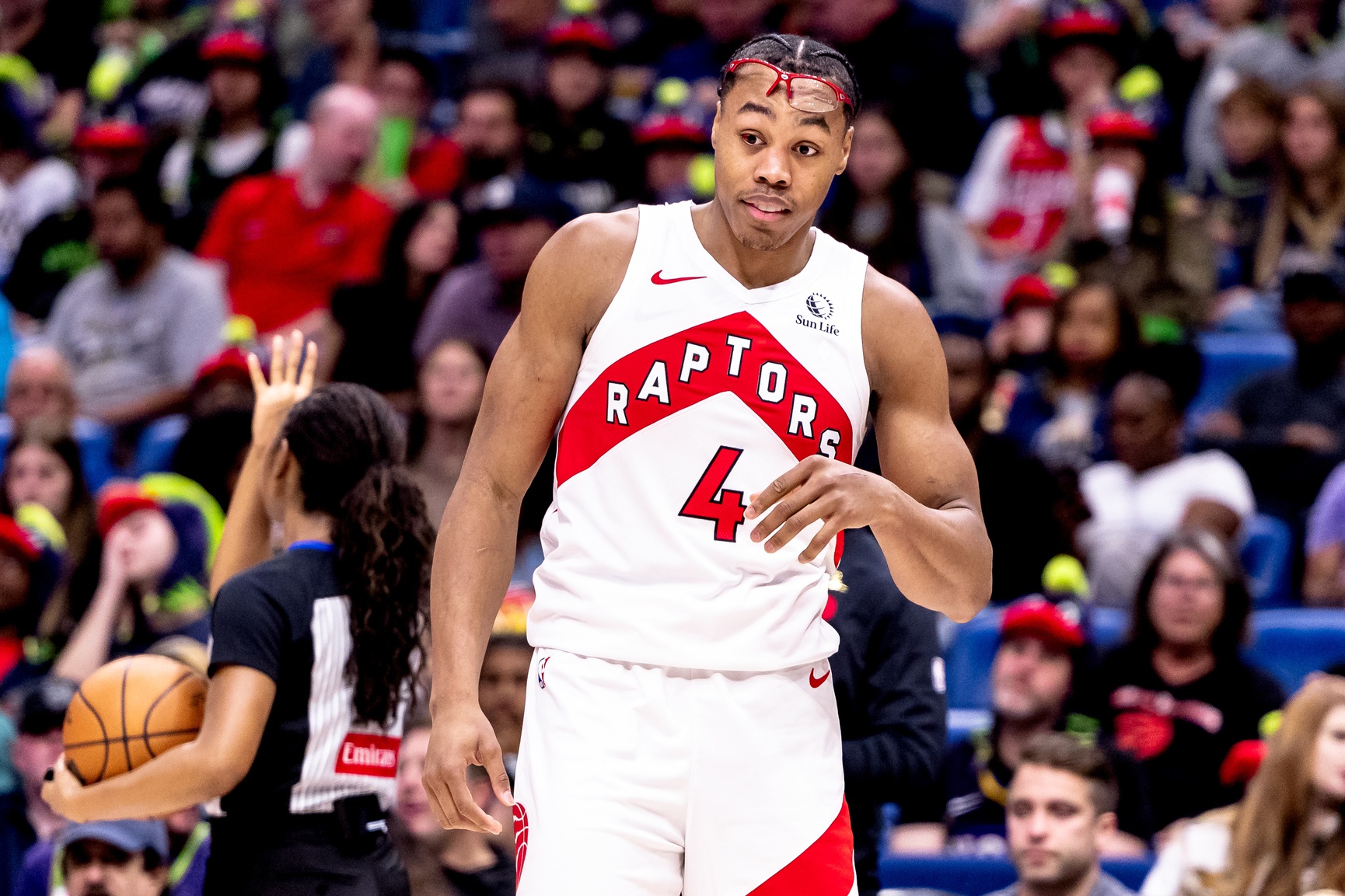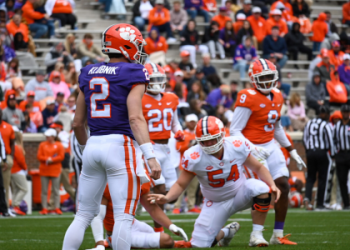Okay, so I’ve been messing around with sports predictions lately, and today I dove into this whole Dallas Mavericks vs. Toronto Raptors thing. It’s been a wild ride, let me tell you.

First, I started looking up these so-called “expert predictions.” I found these sites, like Dimers and SportsLine, that use all these fancy win probabilities and algorithms. They make it sound like they’ve cracked the code or something. They’re all about giving you an “edge” in betting, which, you know, sounds pretty tempting. I learned these probabilities are calculated by simulating the game many times using historical data.
Then I dug into the actual betting odds. I saw that the Raptors were at +8.5 and the Mavericks at -8.5, with some over/under thing at 236.5. I’m not a big gambler, but I wanted to understand what these numbers meant. Apparently, these lines are designed to attract balanced action on each side and are adjusted based on new information about the teams and the market.
I went on to check out what people were saying about combining points with the winning team. Some sportsbook, or whatever it is, said there’s a 52.4% chance that the pick would be a winner. Sounds like a coin flip to me, to be honest. I also saw that their odds could be influenced by the public’s betting patterns, which is pretty interesting.
After that, I stumbled upon this preview of the Mavericks vs. Raptors game. It had predictions and all sorts of details. It got me thinking about how these predictions are made. They analyze player performances, team statistics, and even historical matchups to come up with these predictions. I saw Daniel Gafford’s name pop up, with some talk about his assists per game. I figured his playstyle could really impact the game, which is something these models take into account.
I also looked at the moneyline odds, whatever that means. Dallas was at -180, and Toronto was at +150. I guess that means Dallas is the favorite? I understood that these odds reflect the implied probability of each team winning, according to the bookmakers.

Lastly, I saw that the game was happening on a Wednesday. I checked both teams’ recent records. Dallas was 33-25, and Toronto was 22-36. I figured this might give me some insight into how they might perform. I realized that a team’s recent form is a crucial factor in predicting future performance, as it indicates their current strengths and weaknesses.
The Implementation:
- Gathered Data: I collected information on team statistics, player performance, recent game results, and historical head-to-head data.
- Explored Predictions: I looked at various expert predictions and analyzed their reasoning, noting the factors they considered important.
- Analyzed Odds: I examined the betting odds to understand the market’s view on the game’s outcome and how they might reflect public opinion.
- Considered External Factors: I took into account injuries, team morale, and any other news that might impact the game’s outcome.
- Made My Prediction: After considering all the information, I formed my own opinion on how the game might play out. I decided to predict that the Dallas Mavericks would win.
So yeah, that’s my adventure with the Dallas vs. Toronto prediction. It’s a lot more complicated than I thought, with all these numbers and factors to consider. It was more about understanding how this whole prediction thing works than actually trying to win money. It’s been a fun little project, though. I might try it again sometime, just for kicks. It’s pretty cool to see how all these different pieces of information come together to try and guess the future. I enjoy exploring the relationship between data, analysis, and the unpredictable nature of sports.





